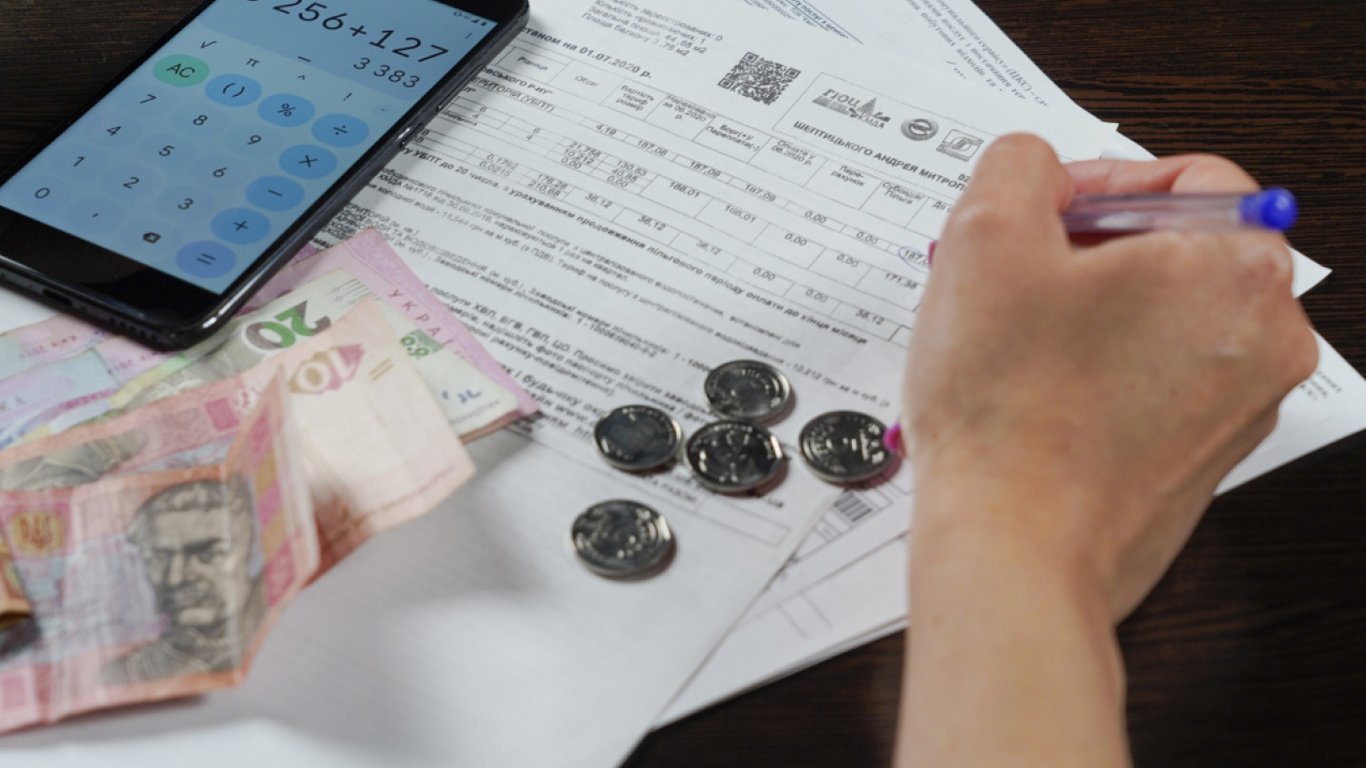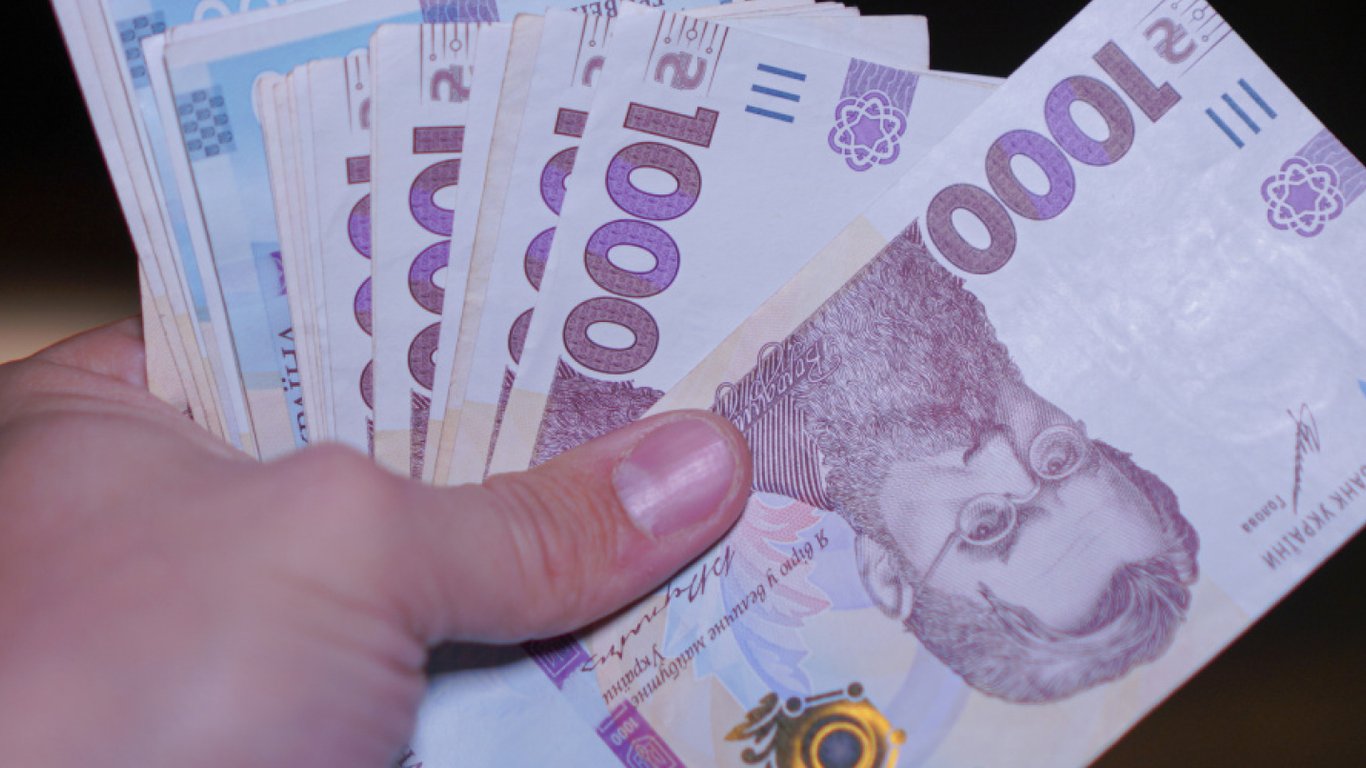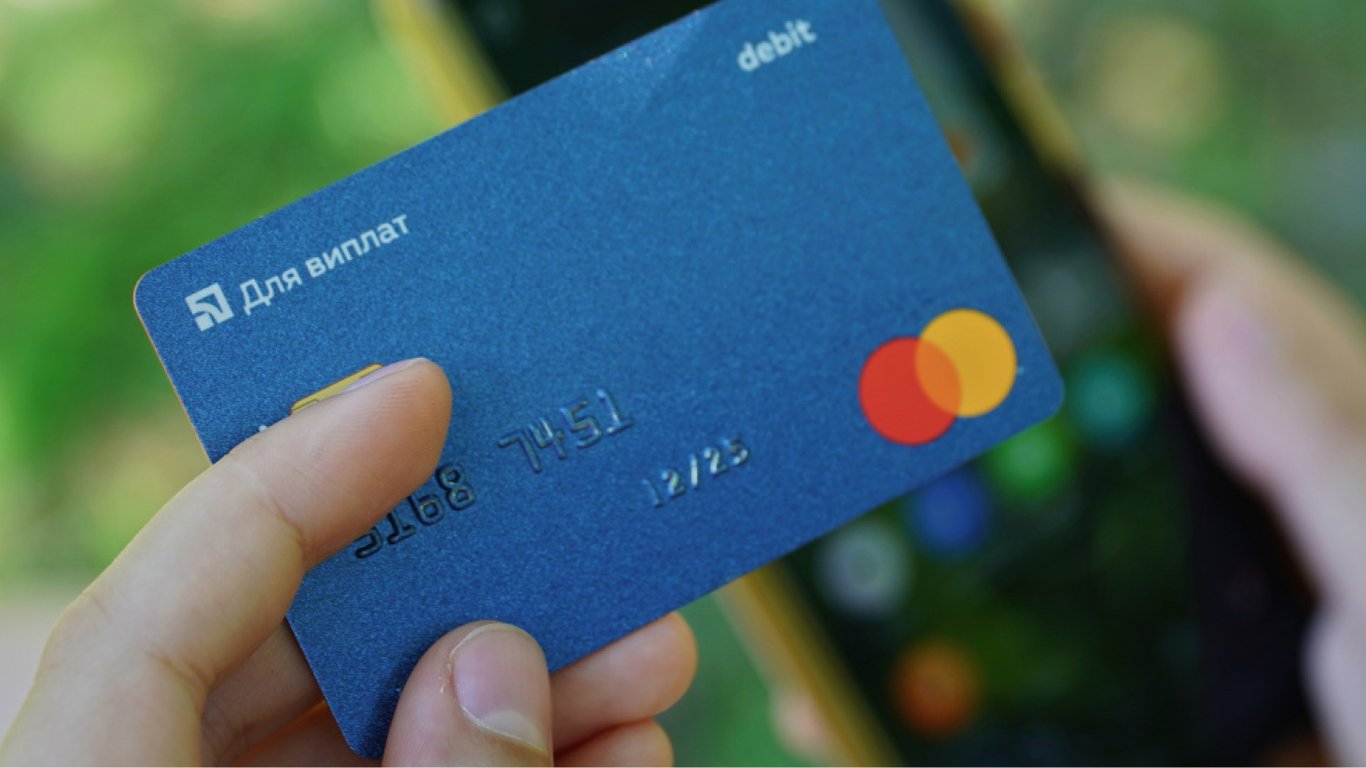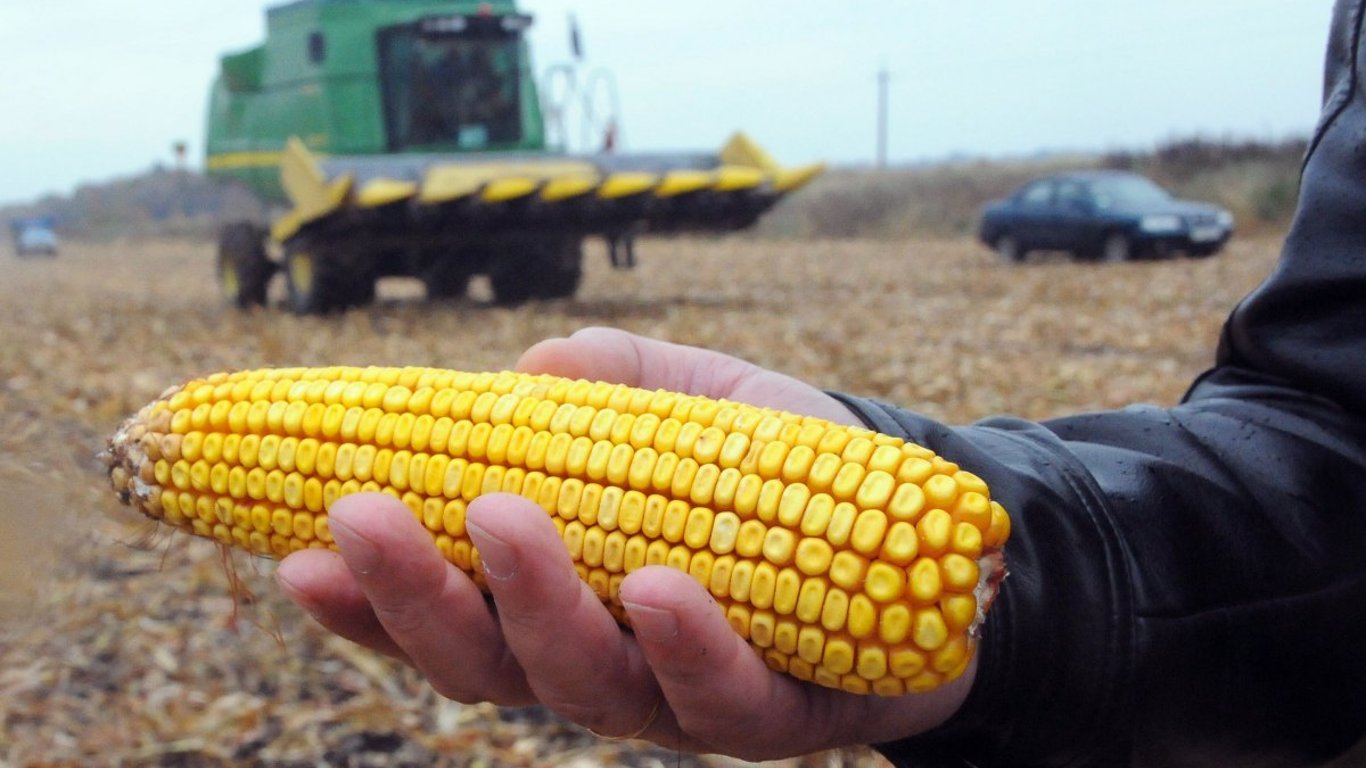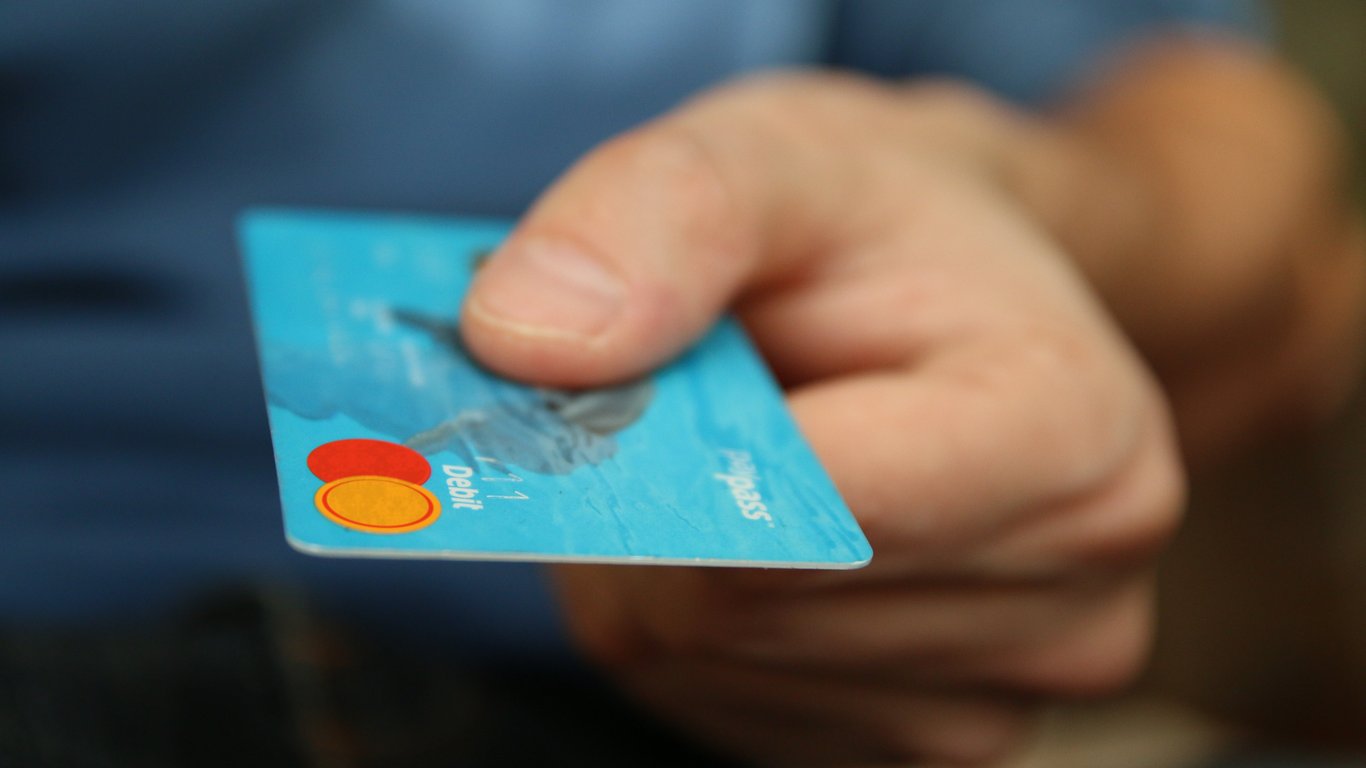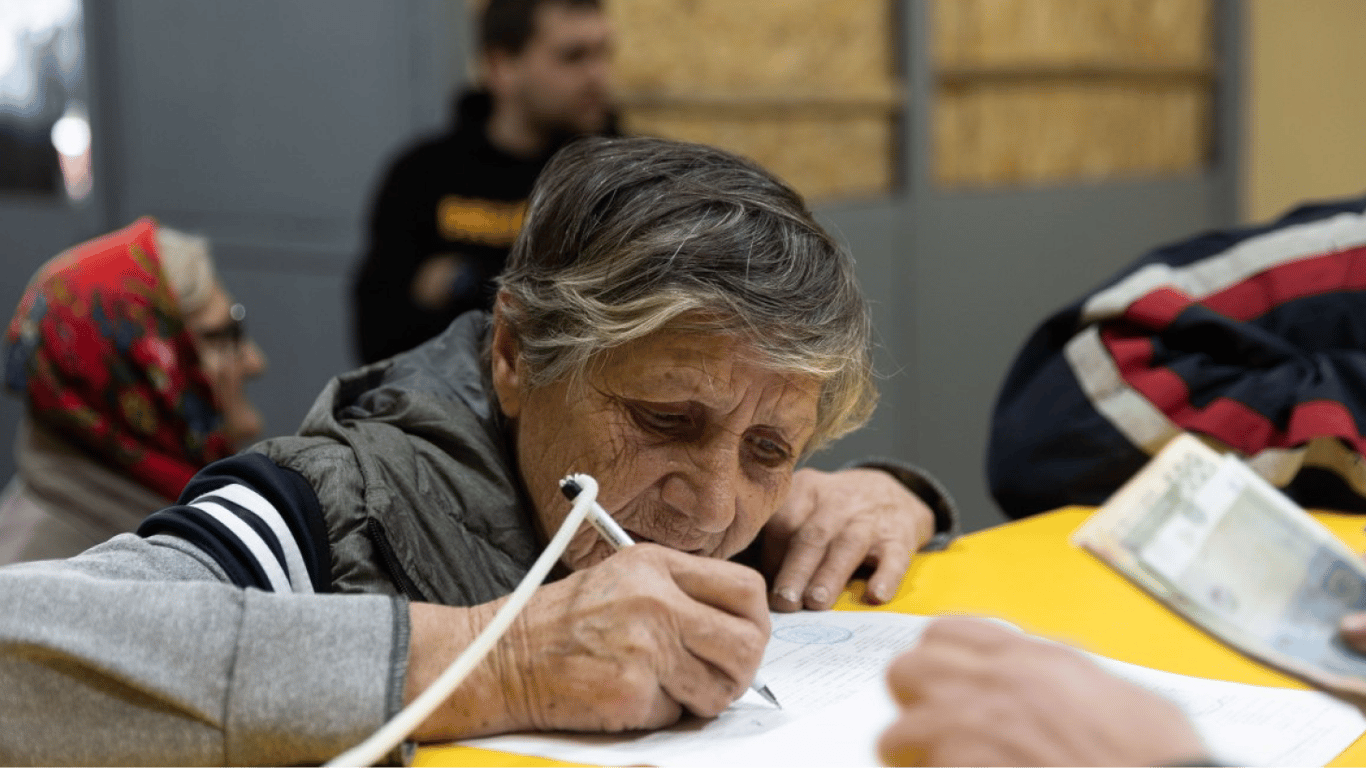The EU urged citizens to create 72-hour supplies for crisis readiness.

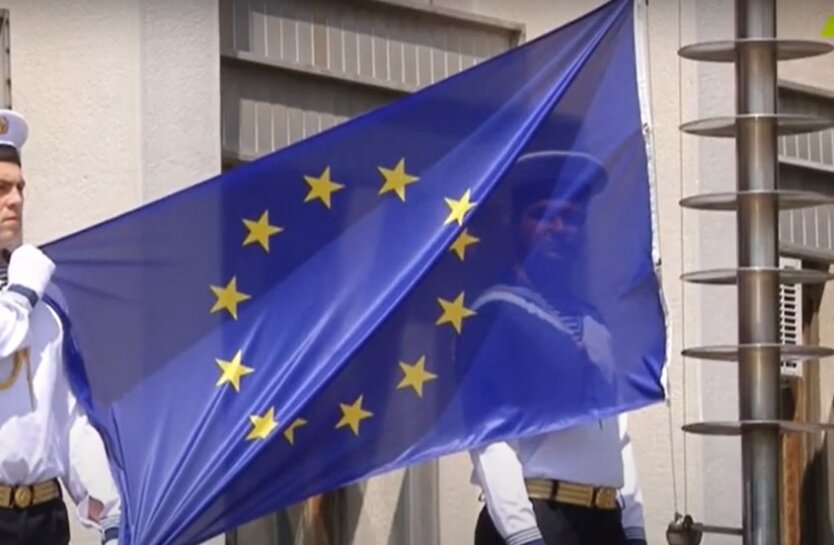
The European Union plans to implement a new readiness strategy under which every EU citizen should have supplies of essential items for the first 72 hours in case of a crisis situation. According to EU Commissioner for Crisis Management Janez Lenarčič, crisis response plans will be created for each household.
The commissioner emphasized that knowing what to do in case of danger and rehearsing various scenarios is a way to prevent panic. This is particularly important, especially considering the toilet paper shortage at the beginning of the COVID-19 pandemic.
The new strategy will require households to stockpile about a dozen essential items such as matches, documents in a waterproof case, drinking water, and energy bars.
In addition, the EU plans to introduce a 'National Preparedness Day' to ensure compliance with member states' crisis response plans.
The readiness strategy is based on the recommendations of a report by Sauli Niinistö, the former president of Finland, which was presented to the European Commission at the end of 2024. Furthermore, it takes into account the experience of Nordic countries, which have long published survival instructions for their citizens in crisis conditions. For example, last year Norway, Sweden, and Finland updated their instructions for the population in case of conflict or crisis.
Thus, the European Union aims to enhance its preparedness measures and ensure the safety of its citizens in emergencies.
Read also
- Receipts for payment of electricity and gas - why you should keep them
- Money from Denmark — where Ukrainians will receive assistance of UAH 124,000
- Money transfers via Privat24 — how to receive a reward
- For the first time in 19 years - which culture is rapidly decreasing in price in 2025
- Some Ukrainians may have to pay taxes on remittances - who's on the list
- New pension amounts - how much ordinary pensioners and judges receive
